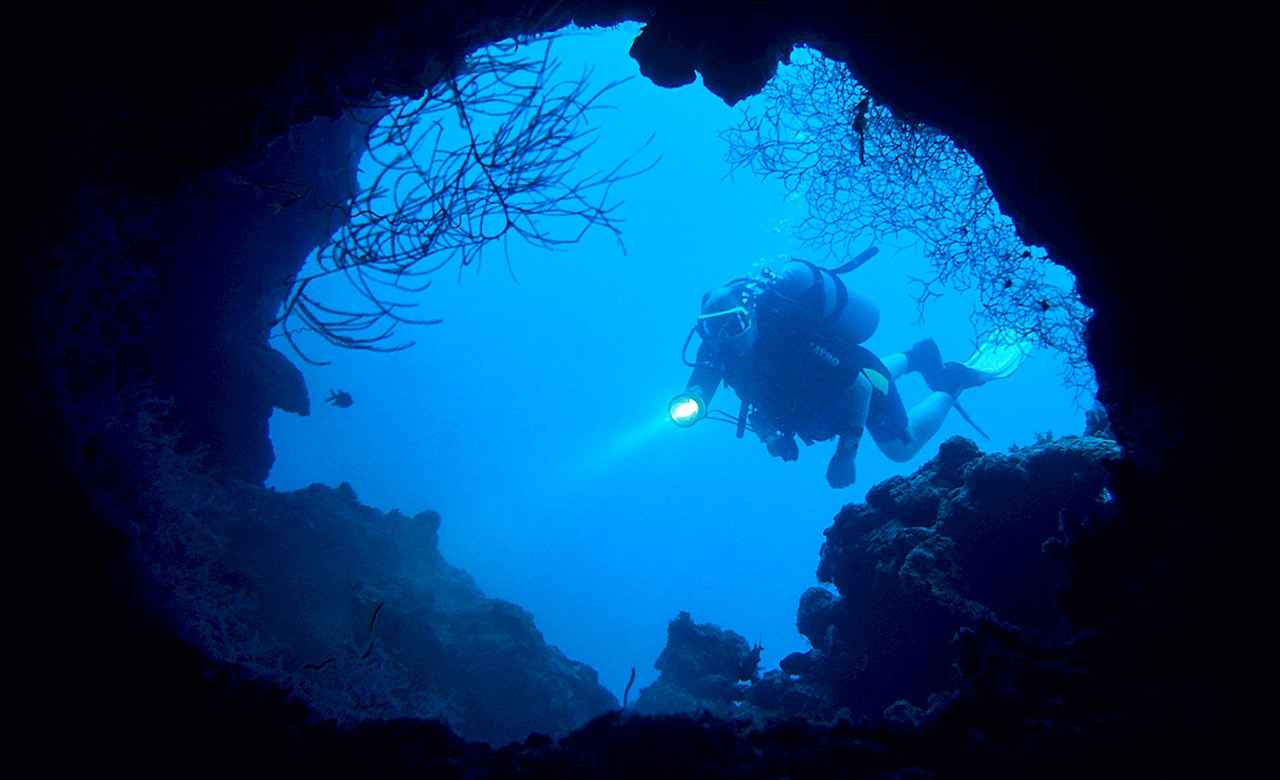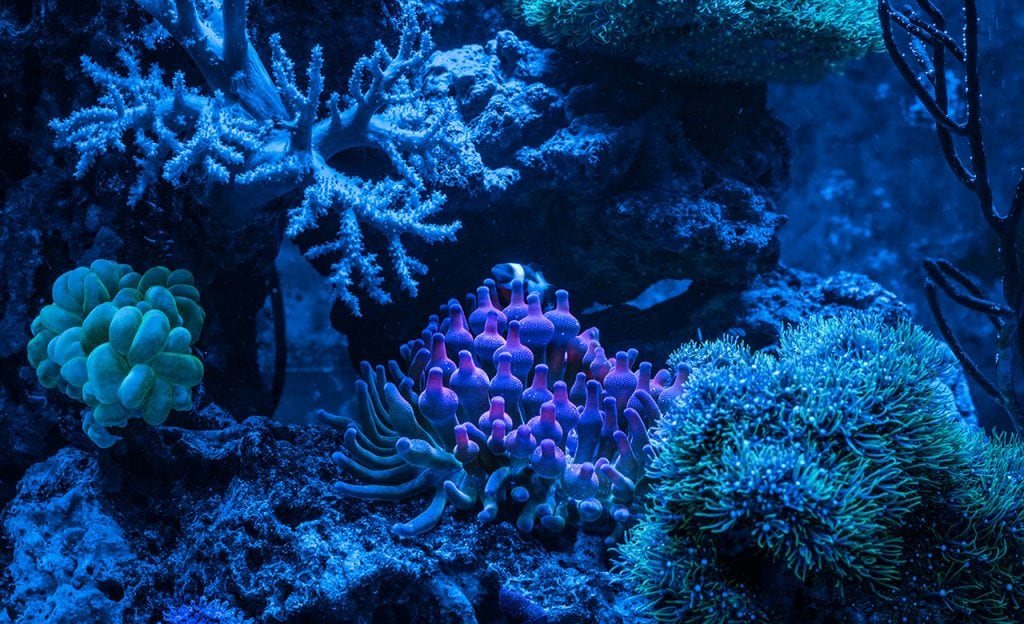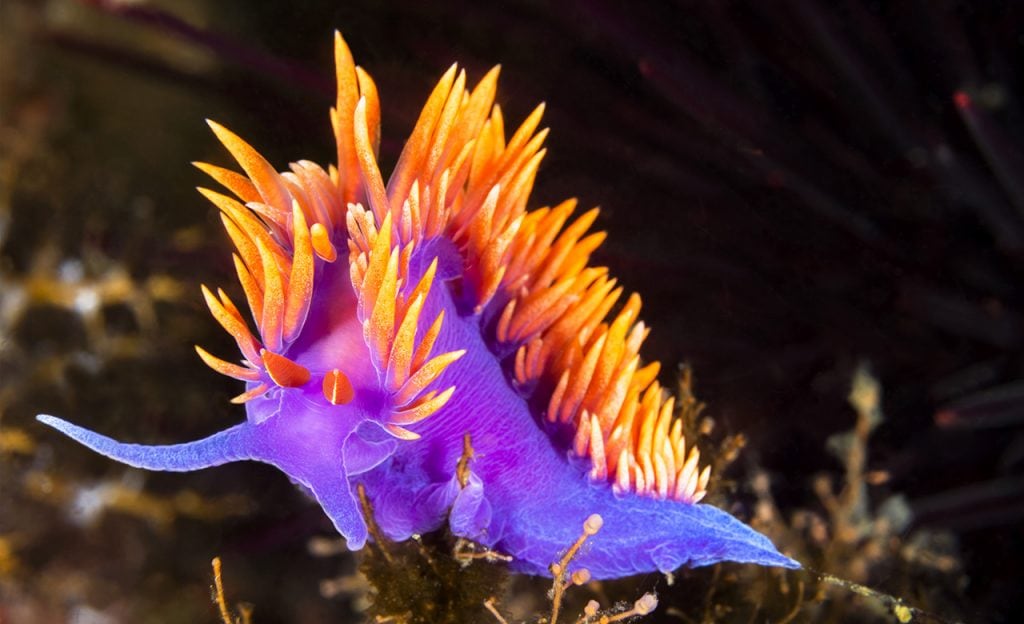As we wrapped up the first year of homeschooling, I found myself increasingly concerned about the possibility of summer learning ... read more
Tropical scuba diving after dark

Every underwater excursion opens up an adventure. But night diving? That’s a whole different story.
Vacations are usually all about rest and relaxation, but they can also be about adventure and trying something new. A beach holiday should offer up the best of both worlds, like snorkeling the tropical reefs before taking a nap under a shade umbrella. But if you really want to step into a deeper aquatic adventure while traveling, night diving just might be the answer.
Leslie Bullion is an author and avid scuba diver—and brave enough to take an ocean plunge after dark. She studied oceanography and marine biology, so it was a no-brainer for her to earn a scuba certification. One night, she ventured out after dark to dive for lobster, and right away, she fell in love with night diving.
“Night dives are my favorite!” she says. “Critters that are tucked away in the daytime come out at night to hunt. You can see all these cool sea creatures are walking around.”

Night diving is a lot different than daytime scuba. You need extra lighting and safety protocols. The water can be colder and the undersea darkness is sometimes intimidating. But all of that is outweighed by the magic of it. According to Leslie, “It’s so peaceful and otherworldly, without any other distractions—just you and what you can see in your light.”
Leslie has explored the sea after dark across the Caribbean—in Little Cayman, Bonaire, St. Lucia, The Bahamas, and more. Tropical waters are her preference, where the coral reefs transform at night when different sea life comes out.
“The water can be colder and the undersea darkness is sometimes intimidating. But all of that is outweighed by the magic of it.”
She’s learned to expect the unexpected in dark water, and was once bumped by a nurse shark who didn’t see her.
On a night diving vacation to Belize, Leslie followed Caribbean claw-less spiny lobsters across the reef and some vibrant colored ruffled nudibranch, known as sea slugs. One night she spotted a bright turquoise octopus crawling across a rock on its tentacles. Memorized, she swam closer, but when the octopus sensed her, it slid into a tiny crevice and disappeared, as if it turned into a glowing liquid!

During another night dive, she was engulfed in a school of thousands of tiny silverside fish. She tried to take a photo from inside the swarm, but was completely disoriented and couldn’t regain her bearings until the fish swam away.

Leslie’s tips for first-timers experiencing a night dive are to be calm, swim slowly, and dive in. “Immerse yourself in the underwater world at night. You’ll see and learn so much!” she says.
Book a Cruise

